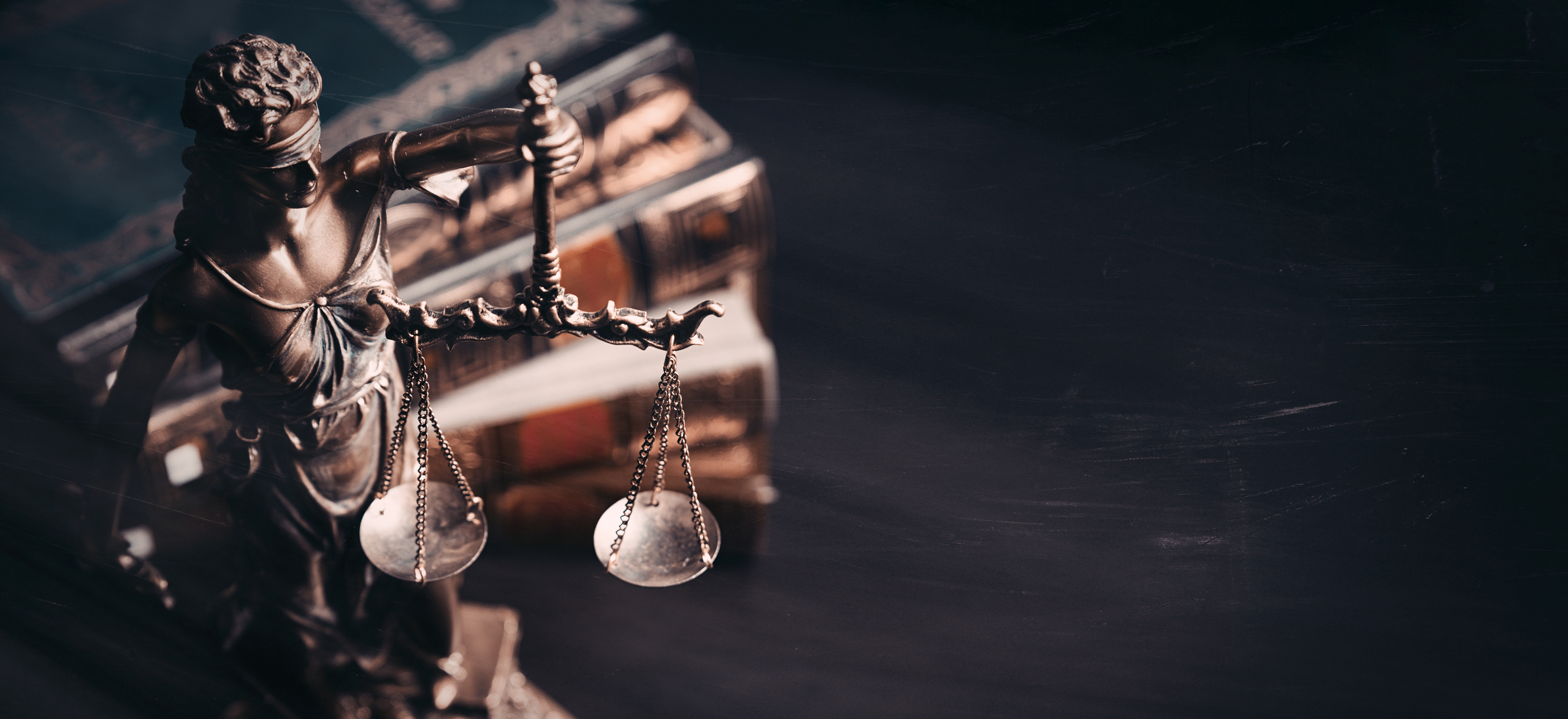
Irrevocable trusts are often used to protect assets from the reach of creditors, but courts have chipped away at their foundation. In U.S. v. Harris, No. 16-10152 (9th Cir. Apr. 20, 2017), the Ninth Circuit recently held that a beneficiary's right to receive discretionary distributions from an irrevocable trust constitutes "property" to which a government lien may attach.
In 1997, Michael Harris was convicted of eight federal criminal counts related to theft from an employee benefit plan, sentenced to 30 months in prison, and ordered to pay the government $646,000 in restitution. Harris is and was the beneficiary of two irrevocable, discretionary trusts established by his parents for support. Typically, creditors - such as the federal government, in this case - cannot seek recovery of assets held in an irrevocable trust; only revocable trusts can be attacked. But in 2015, the government sought a writ of continuing garnishment for any property - i.e., cash - distributed to Harris from the trusts. In other words; the government did not seek to compel the trustees to turn over the assets to the government; instead, it sought an order that, should any funds be distributed from the trusts in the future, said funds had to be paid directly by the trustees to the government.
The Ninth Circuit held that the government was entitled to garnish the future distributions. A federal restitution lien attaches to any "property" of a debtor, property being defined by "the breadth of the control the taxpayer could exercise over the property." (Id. at 4.) In California, the law grants a beneficiary such as Harris the absolute right to compel distributions from a trust "insofar as those distributions are necessary to fulfill the trusts' purposes." (Id. at 5.) Because "Harris has a right to receive distributions under California law, his interest in the discretionary trusts is not a mere expectation...it constitutes 'property'." (Id. at 6-7.)
The key here seems to be that California law permits the beneficiary to compel distributions. If the distributions were entirely discretionary - i.e., at the whim of the trustee - they likely wouldn't be considered "property" to which the lien could attach, as Harris - as the beneficiary - would have no control over them. But because he can exert some degree of control, the future distributions are subject to attachment.
While the opinion itself isn't groundbreaking, it's yet another example of "irrevocable" trusts nonetheless failing to provide sufficient asset protection.